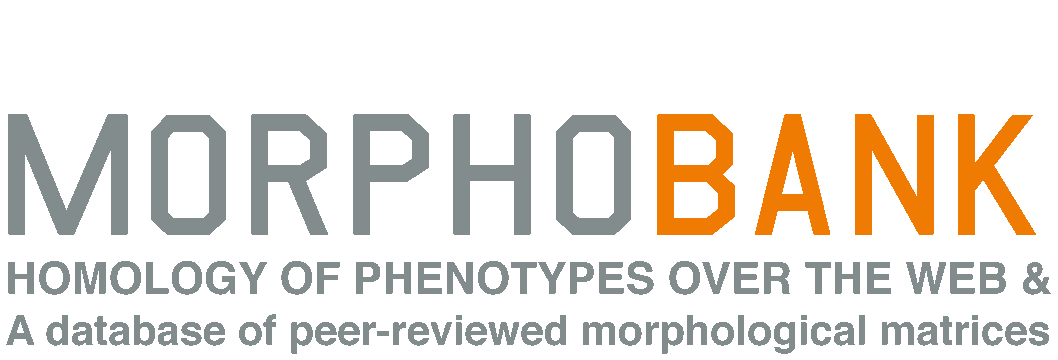Project 3609: A. J. Snyder, A. R. LeBlanc, C. Jun, J. J. Bevitt, R. R. Reisz. 2020. Thecodont tooth attachment and replacement in bolosaurid parareptiles. PeerJ. 8:e9168.
Abstract
The Permian bolosaurid parareptiles are notorious for having complex tooth crowns and complete tooth rows in the jaws, in contrast to the comparatively simple teeth and frequent replacement gaps in all other Paleozoic amniotes. Analysis of the specialized dentition of the bolosaurid parareptiles Bolosaurus from North America and Belebey from Russia, utilizing a combination of histological and tomographic data, reveals unusual patterns of tooth development and replacement. The data confirm that bolosaurid teeth have thecodont implantation with deep roots, the oldest known such example among amniotes, and independently evolved among much younger archosauromorphs (including in dinosaurs and crocodilians) and among synapsids (including mammals). High-resolution CT scans were able to detect the density boundary between the alveolar bone and the jawbone, as confirmed by histology, and revealed the location and size of developing replacement teeth in the pulp cavity of functional teeth. Evidence provided by the paratype dentary of Belebey chengi indicates that replacement teeth are present along the whole tooth row at slightly different stages of development, with the ontogenetically more developed teeth anteriorly, suggesting that tooth replacement was highly synchronized. CT data also show tooth replacement is directly related to the presence of lingual foramina in the jaw, and that migration of tooth buds occurs initially through the lingual foramen to a position immediately below the functional tooth within its pulp cavity. The size and complex shape of the replacement teeth in the holotype of Bolosaurus grandis indicate that the replacement teeth can develop within the pulp cavity to an advanced stage while the previous generation remains functional for an extended time, reminiscent of the condition seen in other amniotes with occluding dentitions, including mammals.Read the article »
Article DOI: 10.7717/peerj.9168
Project DOI: 10.7934/P3609, http://dx.doi.org/10.7934/P3609
| This project contains |
|---|
Download Project SDD File |
Currently Viewing:
MorphoBank Project 3609
MorphoBank Project 3609
- Creation Date:
06 January 2020 - Publication Date:
27 April 2020 - Media downloads: 21

Authors' Institutions ![]()
- Jilin University
- University of Alberta
- University of Toronto
- Australian Centre for Neutron Scattering
Members
| member name | taxa |
specimens |
media |
| Adam Snyder Project Administrator | 2 | 5 | 12 |
Project has no matrices defined.
Project downloads 
| type | number of downloads | Individual items downloaded (where applicable) |
| Total downloads from project | 240 | |
| Media downloads | 21 | M683226 (3 downloads); M683234 (3 downloads); M683233 (2 downloads); M683236 (1 download); M683237 (1 download); M683238 (3 downloads); M683227 (1 download); M683228 (1 download); M683229 (3 downloads); M683230 (1 download); M683232 (1 download); M683235 (1 download); |
| Project downloads | 219 |

